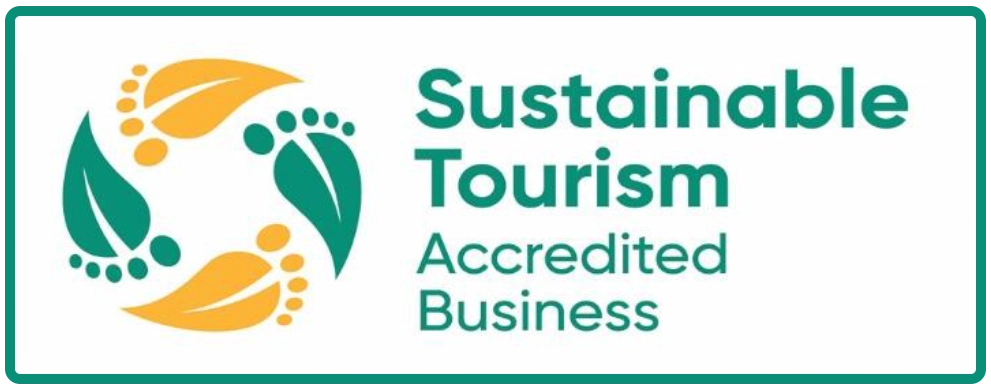All Whitsunday Articles
Showing 1 - 10 of 1160 Articles
Whitsundays Backpacker Boats Sorted By Price
The list of overnight sailing trips in the Whitsundays is a little daunting with so many great options, so we have put together a list of the backpacker boats by price to make choosing the best trip for you, much easier.
Read More...St Patrick's Day In Airlie Beach 2026
Here's your ultimate guide to celebrating the lively Irish public holiday of St Patrick's Day, in the tropical paradise of Airlie Beach and the Whitsundays!
Read More...Easter Competition Giveaway Terms & Conditions
Terms and conditions for Sailing Whitsundays Social Media Giveaways.
Read More...How Do I Get To Hill Inlet Lookout?
Wondering how to get to Hill Inlet Lookout in the Whitsundays? Book a boat tour to Whitehaven Beach and then tackle the short bushwalk up to the lookout.
Read More...What Airlie Beach Is Known For - A Detailed Guide
Airlie Beach is known for being the gateway to the Whitsunday Islands and the Great Barrier Reef! Here are some travel tips and recommendations for Airlie!
Read More...Airlie Beach Cruise Ship Schedule 2026
Plan your upcoming trip to the Whitsundays! Here is the 2026 cruise ship schedule for Airlie Beach, plus recommendations for fun things to do here.
Read More...How to Get to Whitsunday Island | Whitehaven Beach
Whether you plan on spending the day or staying overnight, there are plenty of ways to get to Whitehaven Beach on Whitsunday Island!
Read More...10 Ways To See Whitehaven Beach In The Whitsundays
Here are 10 ways to see Whitehaven Beach in the Whitsundays! Including Whitehaven Beach tours, scenic flights, private charters, water sports, and much more.
Read More...Boats In The Whitsundays Perfect For A Surprise Engagement
If you’re looking for a unique way to propose to your significant other, a boat in the Whitsundays is perfect! Check out these romantic vessel tour options.
Read More...Best Whitsunday Boats For Seniors
Let us break down the best boats for seniors, pensioners and mature-aged travellers in the Whitsundays suited to various mobilities, budgets and styles.
Read More...Showing 1 - 10 of 1160 Articles












